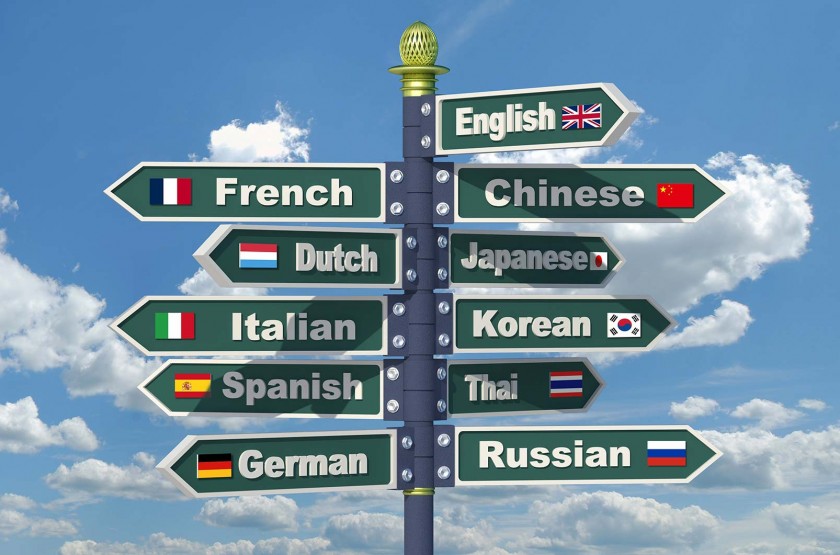The Vital Role of Interpretation in Our Globally Connected World
- Florencia Castro
- March 22, 2024
- 6,491 views
In today’s interconnected world, where borders blur and communication transcends geographical boundaries, the significance of interpretation cannot be overstated. As businesses expand globally, governments collaborate across borders, and cultures intertwine, the need for effective interpretation services has become more crucial than ever before.
Interpretation is the art of conveying spoken words or expressions from one language to another in real-time, ensuring seamless communication between individuals who speak different languages. As translation, interpretation is the bridge that allows a person to reach another person’s world. This skill not only facilitates understanding but also fosters meaningful connections and enables cooperation on a global scale.

There are accountable scenarios where interpretation can play a crucial role in allowing parties to achieve their desired communication. In this article we’ll focus especially on 3 areas: Business, Education and Life Science.
One of the primary reasons interpretation is indispensable in the modern era is its role in international business. As companies increasingly operate across borders, they encounter diverse languages and cultures. Whether it’s negotiating contracts, conducting meetings, or delivering presentations, accurate interpretation is vital for ensuring that messages are conveyed accurately and intentions are understood correctly. A minor misinterpretation can lead to misunderstandings, jeopardizing business deals and relationships. One particular area within a business where interpretation may be crucial is HR. As the business and job market keeps expanding, more companies hire employees from different countries and linguistic backgrounds. Whether it is to intervene in an employer-employee meeting or interpret a training session for a non-native speaking group, the interpreter can play a pivotal role in bridging language gaps and fostering effective communication. In today’s globally connected landscape, the need for skilled interpreters is greater than ever.
Furthermore, interpretation serves as a bridge for cultural exchange and passing of knowledge. In an increasingly multicultural society, interpretation facilitates communication among people from diverse linguistic backgrounds, fostering inclusivity and promoting social cohesion. It allows individuals to share their ideas, experiences, perspectives, and knowledge, breaking down language barriers and building connections based on mutual respect and understanding. One particular example to illustrate the importance of interpretation in this scenario is interpretation of lectures in Universities and academic institutions. Many education centers today hire interpreters to be able to deliver to their students gripping lectures given by international speakers. The possibility of bringing new knowledge to students, no matter the language of the main speaker, is something worth exploring
In addition to its role in business and cultural exchange, interpretation is also crucial in emergency situations and healthcare settings. During crises, such as natural disasters or pandemics, interpreters facilitate communication between responders and affected populations, ensuring that vital information is communicated accurately and efficiently. In healthcare, interpreters help bridge the gap between healthcare providers and patients with limited English proficiency, ensuring that patients receive quality care and understand medical advice. Every person has the right to have access to medical and healthcare accurate information and the interpreter would be, in many cases, the vehicle to make sure this right is being upheld. By breaking down language barriers and facilitating clear communication between healthcare providers and patients of diverse linguistic backgrounds, interpreters play an indispensable role in ensuring equitable access to vital medical information and services.

As the world continues to connect, the demand for skilled interpreters will only grow. However, effective interpretation goes beyond linguistic proficiency; it requires cultural competence, empathy, and adaptability. Interpreters must understand not only the languages involved but also the cultural nuances and context, enabling them to convey messages accurately and sensitively. Here lies the importance of working with professional interpreters, with the right experience and training.
By recognizing the value of interpretation and investing in quality interpretation services, we can build stronger connections, foster understanding, and pave the way for a more inclusive and harmonious global community.
At Stepes, we help companies all around the world to surpass their language barriers by providing stellar interpretation services. For more information about it, please contact us!












